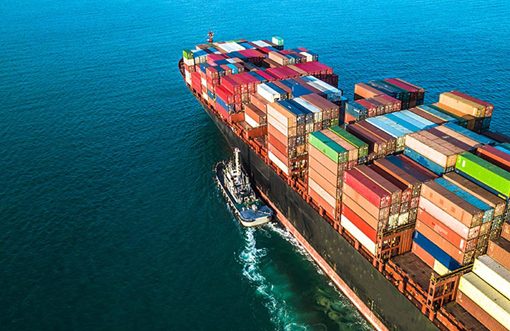Vietnam FTA with EU may hit hard towards Bangladesh export to EU

Bangladesh’s exports to the European Union (EU) could decrease by up to 20% due to the combined effects of its upcoming graduation from Least Developed Country (LDC) status and the EU-Vietnam Free Trade Agreement (EVFTA), according to a study presented in Dhaka. The study, conducted by Research and Policy Integration for Development (RAPID) and German foundation Friedrich-Ebert-Stiftung, highlights that Bangladesh’s apparel exports to the EU are projected to drop by 1.8%, and leather and leather product exports by 6.5%, as Vietnam gains trade advantages under the EVFTA.
The EVFTA, effective since 2020, grants Vietnam zero-duty access to the EU, replacing its Generalised Scheme of Preferences (GSP). It also addresses non-tariff barriers, improves access to the EU market for services and investment, and aligns Vietnam with EU labour and environmental standards, boosting its competitiveness. By 2023, Vietnam’s exports to the EU had more than doubled those of Bangladesh, despite being on par in 2002. While Bangladesh currently enjoys duty-free EU access under the “Everything but Arms” (EBA) initiative for LDCs, this privilege will end after its graduation. Bangladesh has lagged behind Vietnam in implementing policies for backward linkages and business environment improvements, missing opportunities to fully capitalize on its apparel sector.
To remain competitive, the study emphasizes that Bangladesh must prioritize investments in backward integration, diversify its export base, and address infrastructure challenges. Mohammad Abdur Razzaque, Chairman of RAPID, noted that while Bangladesh has captured China’s declining market share in the EU, Vietnam has done so in the US and maintained a more diversified export portfolio. Fazlee Shamim Ehsan, Executive President of the Bangladesh Knitwear Manufacturers and Exporters Association, expressed optimism that labour issues in China and Vietnam could drive more orders to Bangladesh. However, he acknowledged challenges such as labour unrest, energy shortages, and banking sector instability.
Policy Exchange Bangladesh Chairman M Masrur Reaz and Economic Relations Division Secretary Md Shahriar Kader Siddiky also contributed insights during the seminar.





Comment here